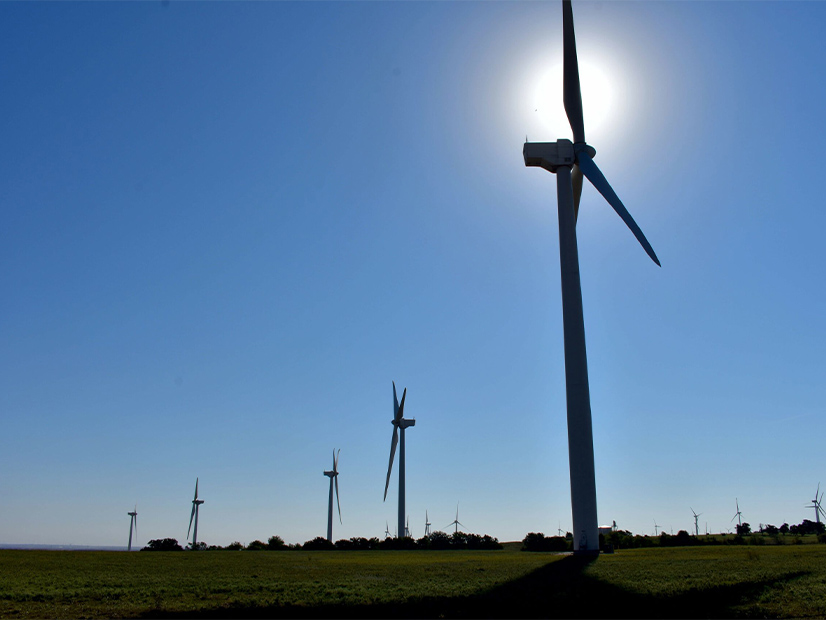SPP’s effort to impose new capacity accreditation methodologies for thermal and renewable resources has drawn protests from public-interest and clean-energy groups at FERC.
On March 29, the Sierra Club, Natural Resources Defense Council and Sustainable FERC Project challenged SPP’s proposed performance-based accreditation (PBA) for thermal resources, arguing it would threaten reliability by ignoring fossil-fired resources’ underperformance and renewables’ overperformance when power is needed most (ER24-1317).
The groups also filed a complaint under Federal Power Act Section 206 over existing accreditation methodologies for the resources SPP is trying to replace. They said the RTO’s current and proposed capacity accreditations create a competitive disadvantage for wind and solar and will increase prices for ratepayers as utilities are “artificially incentivized to overbuild gas resources and delay coal retirements.”
“Regulators at the federal and regional level must make sure that critical resource assessments are made based on the facts and that all resources are evaluated on a level playing field,” said Natalie McIntire, senior advocate at the Sustainable FERC Project and a member of SPP’s Members Committee. “Accurate accreditation will help ensure a reliable and more affordable grid and allow renewable resources to contribute to a clean, reliable and resilient electrical system.”
The Sierra Club said clean energy advocates have been pushing SPP to fix its accreditation methodologies, which it calls discriminatory and outdated, since at least 2021. It said the parallel filings were intended to avoid a return to the status quo and SPP’s flawed stakeholder process.
Separately, the American Clean Power Association, Solar Energy Industries Association, Advanced Energy United and Advanced Power Alliance also filed a protest urging the commission to reject the proposal. They said SPP’s filing included unjust and unreasonable design features, missed crucial information in violation of FERC’s rule of reason and unduly discriminated against IBRs.
SPP filed its proposed tariff revisions at FERC in February. They included an effective load-carrying capability (ELCC) methodology for wind, solar and energy storage resources. The grid operator also laid out the calculation to determine the metrics, a variant of the equivalent forced outage rate method.
The RTO’s proposal to use a different calculation for thermal resources is an “improvement on the status quo,” the renewable interests said. “However, this change alone (and taken in concert with SPP’s ELCC proposal) cannot meet SPP’s statutory burden to ensure that its filing is just and reasonable, and not unduly discriminatory.”
SPP said that accrediting resources is “critical” to its resource adequacy program, which FERC approved in 2018.
“It is not enough to have sufficient nameplate generation installed; the region needs assurance that such capacity will deliver at an expected output when the output is needed most,” SPP said, noting that grid operators have established accreditation methods valuing the resource adequacy contributions of different resource types.
SPP asked that FERC issue an order by May 23 and set an effective date of Oct. 1, 2025, for the methodologies’ implementation.
The RTO’s membership, regulators and Board of Directors approved the ELCC and PBA methodologies in October after months of discussion. (See “Members Endorse PBA, ELCC, Rejecting Compromise Position,” (SPP Markets and Operations Policy Committee Briefs: Oct. 16-17, 2023 and SPP ‘All Over’ Addressing Resource Adequacy.)




